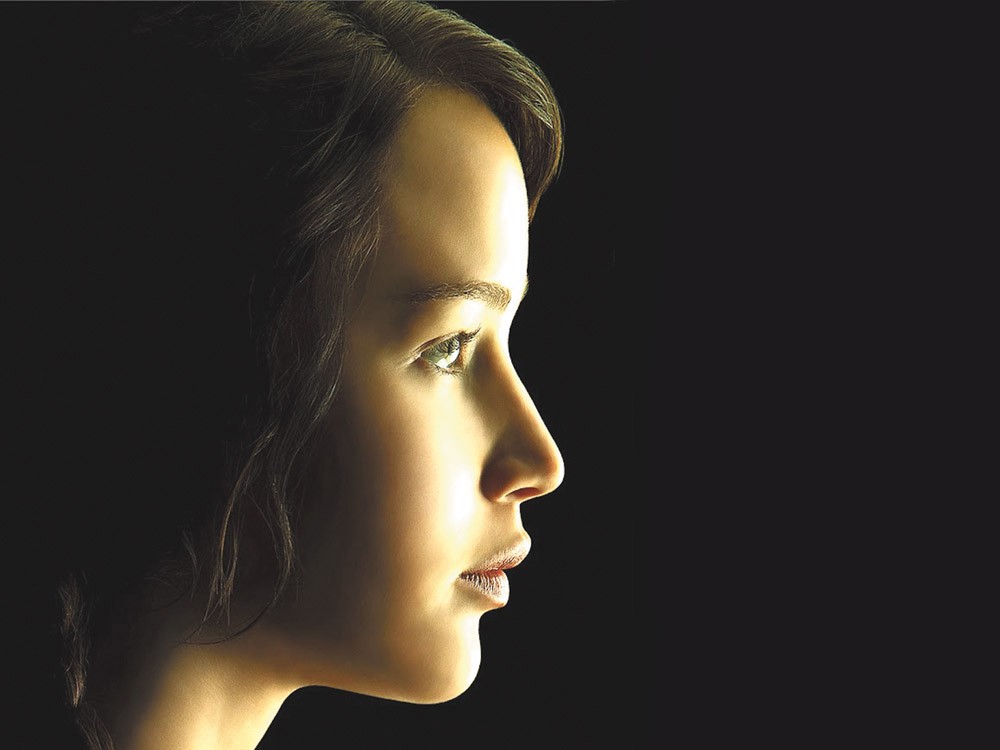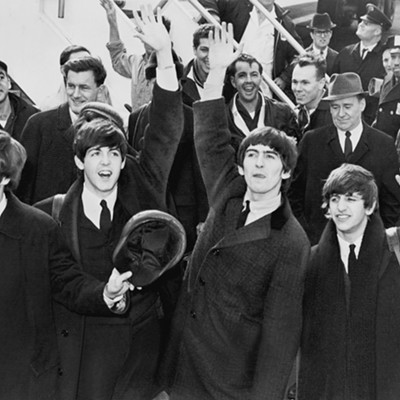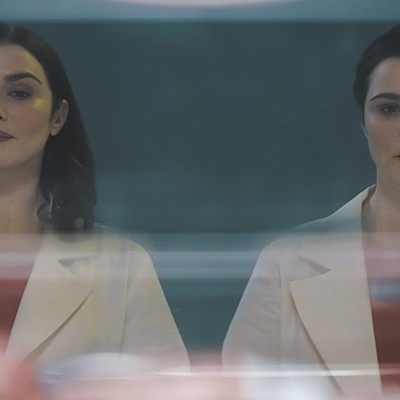The past decade has given us plenty of movie adaptations from popular young adult books. Harry Potter was pretty darn good, and Twilight ... can’t we just forget about Twilight?
Now there’s The Hunger Games, the first entry in Suzanne Collins’ trilogy about a post-apocalyptic America where an unsuccessful uprising against the government has resulted in a harsh punishing of the citizenry: Once a year, a lottery is held, from which 12 boys and 12 girls, between the ages of 12 and 18, must compete against each other in a fight to the death till only one remains. These “games” are televised, and though the people watching it are supposedly doing so in retribution for their earlier actions, those folks in front of their TVs seem to be getting a kick out of all the bloodlust. The show is a huge hit.
The film, like the book, starts a little slow, kicking into gear near the halfway point, then building to a fierce, often brutal, climax. Somewhere in between those opposite poles, there’s also a series of nicely done character studies that lead to everyone and everything making sense, whether you’ve read the book or not.
It’s rare that a book-to-movie adaptation works so well for those two very different audiences. Newcomers will enjoy a fully formed thriller with a sociopolitical edge. Hardcore fans of the book are going to be quite pleased, even with the necessary winnowing down of and subtle changes to the story.
The Hunger Games is not a great piece of literature, but it’s a pageturner. The film that’s sprung from it is an example of spot-on adapting. It’s one of those very rare cases where a good chunk of the audience is going to think the movie is better than the book.
Most of that is due to the prowess of writer-director Gary Ross. This is only the third time he’s directed (after Pleasantville and Seabiscuit), but he’s also got a couple of Oscar-nominated scripts under his belt in Big and Dave. It’s clear that he absolutely dug Collins’ book (he’s admitted to visualizing the movie while he was reading it), and he’s used all of his creative chops to bring that vision to the screen.
But a great deal of credit also goes to the actors. Jennifer Lawrence is absolutely the cement that holds this film together. Her 16-year-old Katniss Everdeen – who volunteers to be a replacement when her younger sister is chosen for the lottery – is a terrific mash-up of brashness and angst, of frightened little girl and mature young woman. It’s from her viewpoint that the main story is told. Also quite good in smaller but significant parts are Donald Sutherland as the quietly nasty president, Woody Harrelson as a former winner of the games who has now gone to drink, and Stanley Tucci as a TV commentator with incredibly weird hair and very big, very white teeth.
While the film spends its first half building up to the “games,” once they begin, there’s no catching of the breath, for participants or viewers. This is a violent movie, though not an exploitive one. The deaths mount up, but most of them are either quick or off screen, and every one of them fits the context of the story.
The film is blessedly short on clichés, and filled with lots of surprise. It comes to a completely satisfactory, stand-alone ending, and at the same time opens itself up for the sequel, Catching Fire, which, while not even scripted yet, already has a release date.
The Hunger Games | Rated PG-13 | Directed by Gary Ross Starring Jennifer Lawrence, Donald Sutherland, Woody Harrelson




















